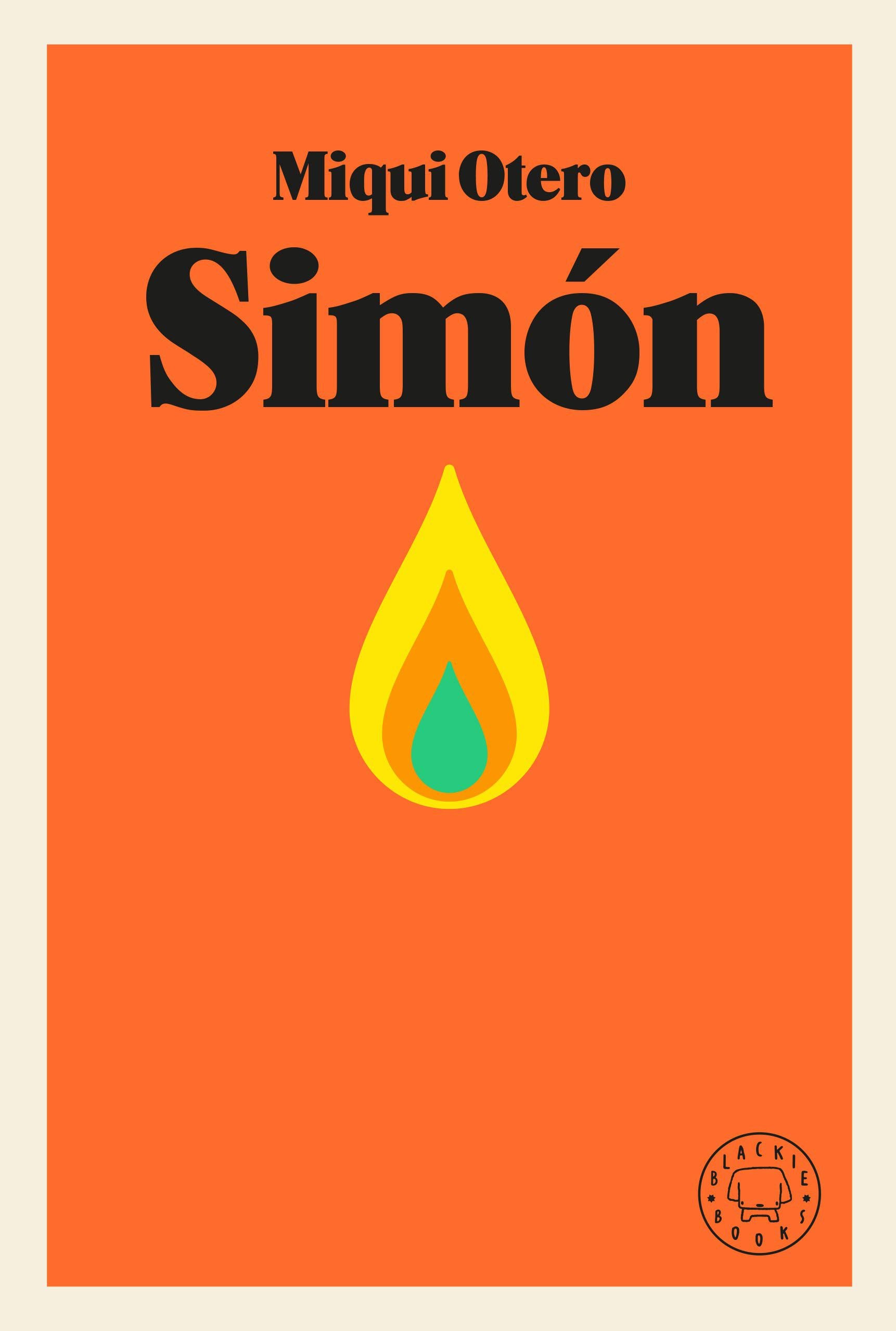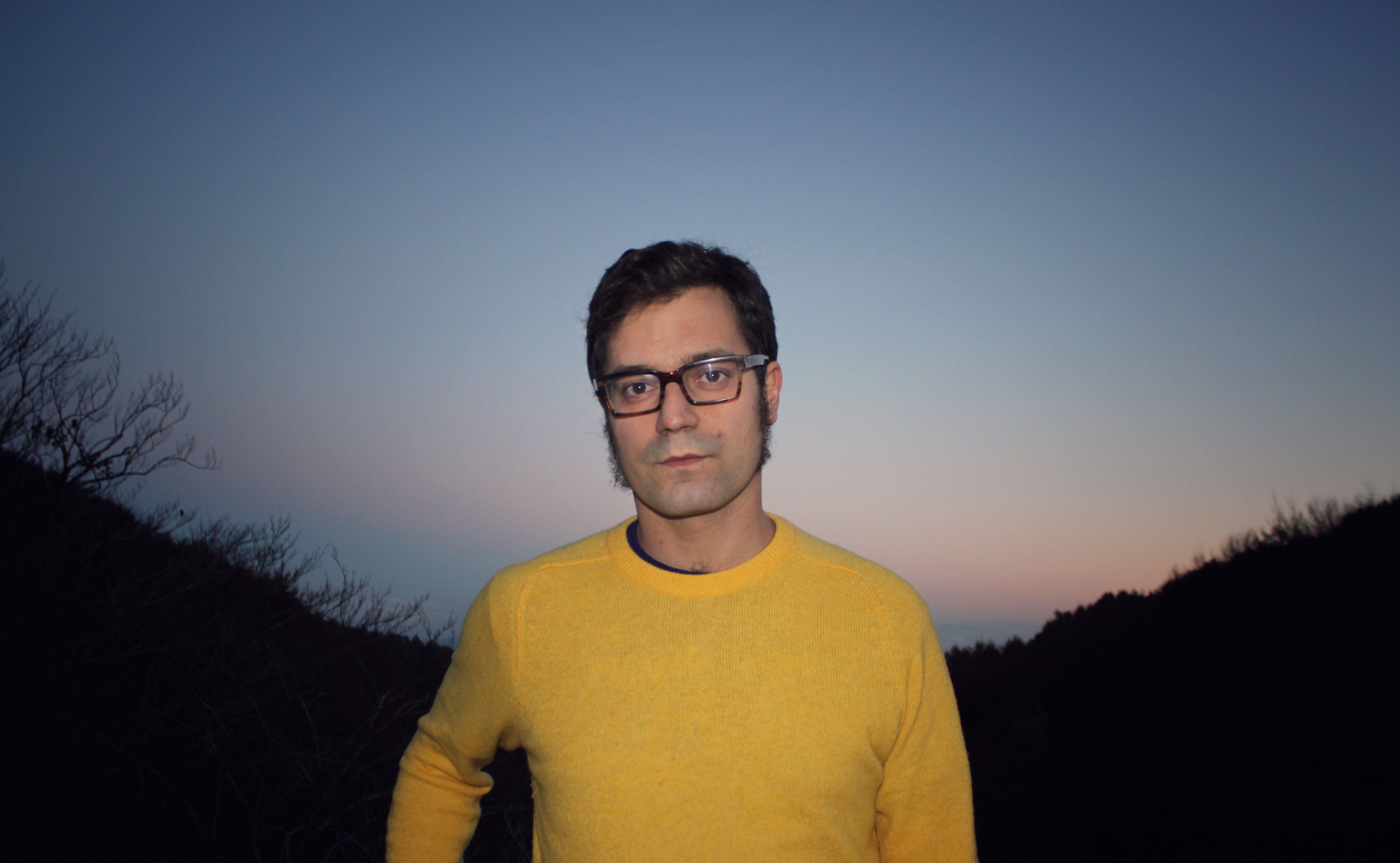
There are very few novels in which all the characters are the favorites, something so complex because you can't decide which of all you prefer and in Simon, everyone plays an important role in the game of daily life.
Although Miqui Otero's book was published in 2020, it is barely reaching Latin America, with a view to being able to make landfall and impregnate itself in many generations that will be to his liking.
And as the author says, the novel is already a few years old, in Spain it was very well seen because of the identification of history, although “translations arrive from countries that have nothing to do with the environment in which it happens and you begin to understand that perhaps, that story, can speak directly to people from other places”.
Europe has already gone through a key moment that might see history as part of its past, but now it can speak directly to other places thanks to the influence of Latin American authors.
As for the story, Miqui told Infobae that the final point is not where the writer does not stay, quite the contrary, this is where one's work begins and “you think that a novel is finished, that is to say that it is finished and then you reopen it and you fight again and close it”.
“If we were to make a kind of two-minute short film with the gestures you make when you think you're done, and how triumphalist you are for a while, and then reopen the text and whip you again and change a lot of things, because there's a tragic short film left,” he said.
Likewise, despite doing the review time and again, Miqui revealed that “I didn't know if it was too much. There is a song that appears in the novel, especially because Rico is too much heart, I didn't know if it was too much in many ways: too long, wide, if it had too many characters, emotional, critical, but it is the reader who completes what it really is”.
“With books it's the same thing, they are a score that the reader interprets, in a more cheerful way, a faster way and that they explain to you what you have done,” he confessed.
With the influence not only of daily life, but also by the discovery of Latin American authors, Simon has a life of his own. A unique behavior in the novel that, very well, the reader will be able to identify through the observation of history.
“I was interested in lyrics from other countries that are just some of the examples. If we continue talking, more will surely appear, but one of the recent novels that I think there is some point in common with Simon is The Wonderful Brief Life of Oscar Wao, by Junot Díaz”.
“Simon too idealistic”
If you read the novel, you will be able to realize that the movements in the story are important and this is not only because of the character, but also because of the silences that exist within the narrative, the descriptions of the places that keep the reader entertained, who takes not only the protagonist to the subject of the story.
“The novels, especially these long novels, which try to explain a whole period, the only effective way that really works is to explain it through the heart and eyes of the character.”
And this character is going to go through everything with his eyes and a childish attitude, that childish brand that takes a step towards the development of Spain, “there was a kind of childish euphoria, with uncritical enthusiasm. It was not allowed to criticize, there was a sense of belonging, a faith in the future and in the future”.
“It is just a child when society also seems like a child full of hope in the future, and it has the future at that time. And we abandoned Simon in the novel when he is quite a few years old, after the Islamist attacks in Barcelona, when he lives in Catalonia during a political conflict, not violent, but important at a cultural level that has polarized society”.

This is where we are going to see a child who, if he seemed innocent to us, as an adult will show us the disenchantment and irony, who helps Miqui explain this whole process of the hero of the story, which occurs through society and “that people think about Simon once he closes the novel”.
Otero makes a success with the character of Simon, because he does it “from the skin, I get excited about them, I have my tricks to do it, so that they are truly believable. Not only to be fond of them, but to understand them.”
This being the affection that the author has towards Simon, Rico, Betty and everyone who appears, even “the most bastards” of the novel, which is why “I think about them, often, it is very corny, but I had a hard time closing the novel when I was writing it. It was hard for me to finish it because they have been living with me for a long time, it is inevitable when you close it and your life goes on”.
“That means that novels have to be full of life and it is even recommended that lives have a bit of a novel,” said Miqui Otero.
Simon's Troubles

Between attacks and the Olympic Games, Barcelona, where the novel is being developed, were marked in collective thought, as these moments made it traceable and not remain anonymous.
And with that, the complicated thing that happens, in the social context, is basically the two emotional states that Miqui faced. “The complicated thing was that I don't believe in social ascent, in which someone who is humble can become rich, I don't think that's so, but this was solved in novels from other centuries. In our time it doesn't make sense.”
This is where the writer interprets Simon's assent with the kitchen knife, where “it would allow to reach a king or some social layers that would reflect his gift, contradictory because he doesn't like to cook.”
Slavery, colonialism, feminism, environmentalism are topics that will be highlighted, in all respects and here the challenge was to “introduce all these themes, which society drags through all these years and which is not embedded, how these themes can influence Simon and the narrative itself, and that was the challenge, that it does not seem like a novel by slogans. Full of people who showed up and let out their speech. He would leave again and no one remembered who had let him go.”
The property of Simon's character is so vast, that even the way Miqui ends everything envelops those ghosts that leave nothing in space and put in order what they once talked about in the text.
Where is Rico?

As a good story, antagonists tend to fight the protagonist and he ends up being an anti-hero and vice versa, because this happens with Rico, Simon's cousin who “puts the surprise and adventure at risk that the one who does it before is the one who pays the worst consequences”.
“It is the one that introduces you to the world of literature and therefore into the possibility of imagining other possible lives of not giving up or letting down your arms in the face of the only life that your genetics, social origin and others have designed for you. And this is a double-fired weapon, because it also hurts.”
Rico seems like an unfair character, you can see his mistakes and failures with which Simon allows and over time he returns to the point where the years that pass determine the life of the protagonist.
“And it makes Simon's life fun and sometimes dangerous.”
“Surely we all have a figure that can be a teacher, father or cousin who becomes part of a tutor who transmits knowledge to you. The novel is a tribute to those rigorous people who are a little older, who are worthwhile in life.”
Likewise, readers who can read Simon will ensure that many words, places, moments will transport them to their place of origin, because “it is identifiable anywhere”.
“There is a way of looking at life, on the street and because there are many points in common and a look, at times, can be absurd and such around the world, but that is also validating the emotional, it is street”.
KEEP READING:
Últimas Noticias
Debanhi Escobar: they secured the motel where she was found lifeless in a cistern

The oldest person in the world died at the age of 119

Macabre find in CDMX: they left a body bagged and tied in a taxi
The eagles of America will face Manchester City in a duel of legends. Here are the details

Why is it good to bring dogs out to know the world when they are puppies




